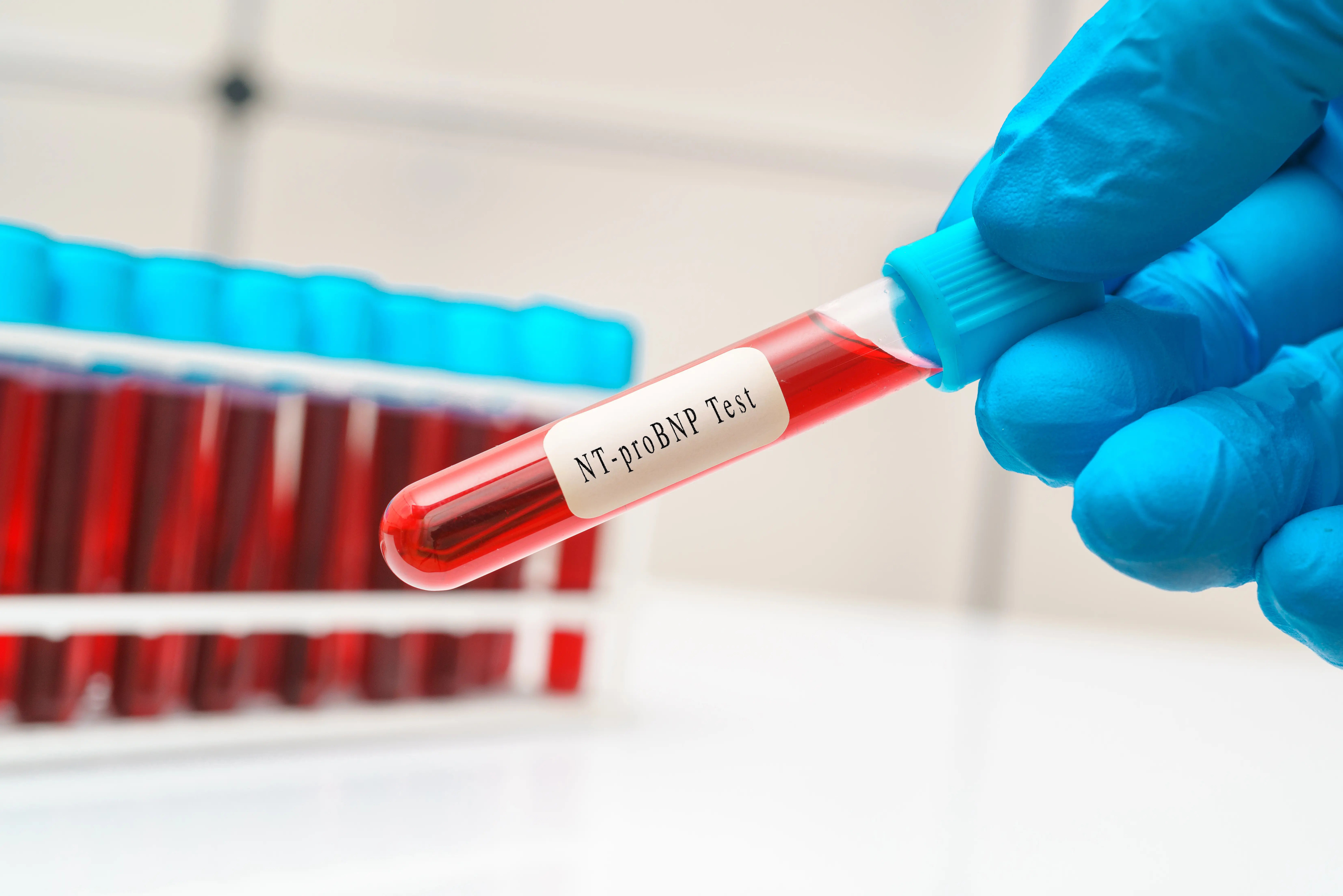- Male
- 54 Years
- 20/02/2025
I'm a 54-year-old guy and I've been told I need a heart pacemaker. So, before I go for it, I want to know all the details. Like, how does this thing actually work? What kind of care do I need after getting one? Is it going to be comfortable to live with? And most importantly, should I be worried about any side effects from having a pacemaker?
Answered by 1 Apollo Doctors
A pacemaker is a small device that's placed in the chest or abdomen to help control abnormal heart rhythms. It uses electrical pulses to prompt the heart to beat at a normal rate. You may need a pacemaker if your heart beats too slowly, too quickly, or irregularly. After getting a pacemaker, you should avoid vigorous activities that could damage the device. It's important to attend regular follow-up appointments with your doctor to ensure the pacemaker is working properly. Most people find living with a pacemaker to be comfortable and are able to resume normal activities. However, you should avoid certain activities that can interfere with the pacemaker, such as using certain medical devices or undergoing certain medical procedures. Common side effects of a pacemaker include infection at the site of implantation, bleeding, bruising, or swelling. In rare cases, there may be complications such as a collapsed lung or a punctured blood vessel during the implantation procedure. It's important to discuss any concerns with your healthcare provider.
Dr. Anshul Suggests...
Consult a Cardiologist
Answered 04/07/2025
0
0

More Cardiology Health Queries
View allI'm dealing with mitral stenosis and had a balloon mitral valvotomy about two years ago. I'm really anxious to know about my life expectancy now. I've attached my ECG and echo results. Could you help me understand what to expect going forward?
"Based on your history of mitral stenosis and previous balloon mitral valvuloplasty (BMV) done 2 years ago, your life expectancy can vary depending on various factors such as the severity of the stenosis, your overall health, and any other underlying medical conditions. It is important to regularly follow up with your cardiologist for monitoring and management. For mitral stenosis, medications such as diuretics, beta-blockers, and anticoagulants may be prescribed to manage symptoms and prevent complications. In some cases, surgical intervention or another BMV procedure may be recommended. Without reviewing your specific ECG and echo results, I cannot provide a precise estimate of your life expectancy. It is best to discuss this question with your cardiologist who has access to your complete medical history and test results."
Answered by 1 Apollo Doctors
How do you stop a heart attack immediately?
Acting quickly can save lives. If given quickly after symptoms, clot-busting and artery-opening medications can stop a heart attack, and having a catheterization with a stent put in may open a closed blood vessel. The longer you wait for treatment, the more chances of survival go down and damage to the heart goes up.
Answered by 1 Apollo Doctors
I'm concerned about my blood pressure; it's around 140 over 88. I'm wondering what precautions I should take? Also, what should I include in my diet? And could you recommend some exercises I should consider? I'm 184 cm tall and weigh 80 kg.
To help lower your blood pressure, you should focus on maintaining a healthy lifestyle. Start by incorporating a diet rich in fruits, vegetables, whole grains, and lean proteins while limiting your intake of saturated fats, cholesterol, and sodium. Consider the DASH (Dietary Approaches to Stop Hypertension) diet as a guide. Additionally, engage in regular physical activity such as brisk walking, jogging, cycling, or swimming for at least 30 minutes most days of the week. Aim to achieve and maintain a healthy weight by combining a balanced diet with exercise. It's also important to manage stress levels, get an adequate amount of quality sleep, and limit alcohol consumption. In terms of medication, if lifestyle modifications are not sufficient, you may need to consult a healthcare provider for prescription antihypertensive medications
Answered by 1 Apollo Doctors
Disclaimer: Answers on Apollo 247 are not intended to replace your doctor advice. Always seek help of a professional doctor in case of an medical emergency or ailment.





